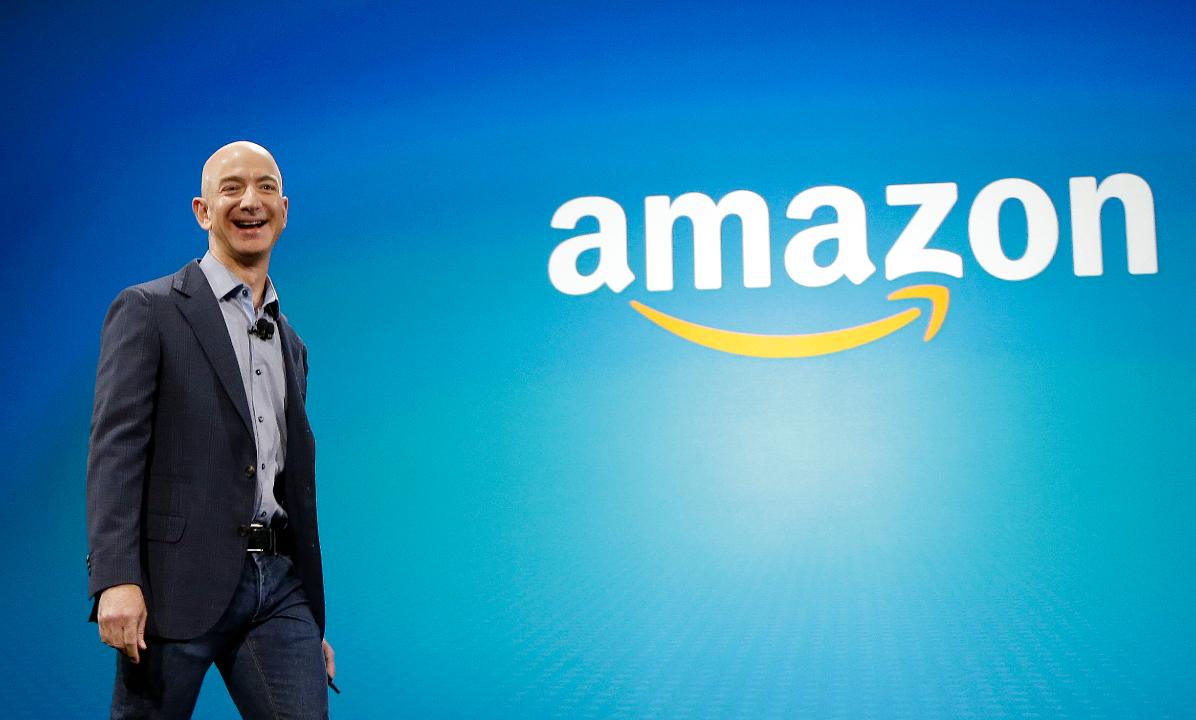After Amazon drama, corporate America still holds the power
As opponents cheer Amazon’s decision to abandon its New York City expansion plans, the rush of states to renew their own push to attract the e-commerce giant signals the power of corporate America to coerce lucrative incentive packages remains impervious to the mounting criticism.
From New Jersey and Ohio, to Texas and Tennessee, local and former officials – and even 2020 Democratic candidates -- are pitching their states as an option for Amazon after the Seattle-based company announced earlier this month it would no longer build one of its new headquarters in the Queens neighborhood.
Critics say the decision is evidence of the growing opposition to the ability of U.S. companies to command billions in tax benefits from state and local governments. But while Amazon backing out of its plans is a major victory for their effort, experts say a broader shift is unlikely.
There are always others “that will pay those subsidies,” Aaron Chatterji, former senior economist in the Obama administration and current professor at Duke University, told Fox Business. “Unless you have some federal solution that will prevent cities and states from offering these incentives, companies are always going to shop around.”
The growing backlash against corporate America goes beyond just financial incentives.
Democratic 2020 candidates are increasingly pitching tax plans to put a greater burden on the nation’s wealthiest individuals – which often includes CEOs of top companies. Public opinion appears to be on their side. A poll conducted by Fox News in January found that 70 percent of voters support increasing taxes on those who make over $10 million each year.
But the burgeoning opposition to corporate tax breaks is intensifying a debate over how much economic benefit large businesses can bring to a region.
New York, for example, offered Amazon $3 billion in incentives with the expectation that it would spur 25,000 new jobs with an average salary of $150,000. The potential tax revenue of nearly $28 billion was the largest return on investment in the state’s history, Gov. Andrew Cuomo said in November.
Critics charged, however, that the money could be better spent elsewhere and argued that Amazon provided no assurances it would hire locally or invest in the community.
“There was very little detail and commitments on paper as to what the public would receive back. That’s at the core of this,” Rep. Alexandria Ocasio-Cortez, D-N.Y., told Fox News. “What about money for schools? Can we get a commitment of these 25,000 jobs, half local?”
| Ticker | Security | Last | Change | Change % |
|---|---|---|---|---|
| AMZN | AMAZON.COM INC. | 208.72 | -1.60 | -0.76% |
Expert say New York City is likely to remain a top candidate for expansion, given the large number of educated individuals and the benefits the city offers. But the recent saga could also renew a push among Midwest, conservative-leaning states who can capitalize on the Amazon backlash to pitch their regions as a business-friendly alternatives, complete with lower cost of living and ample growth opportunity.
“If Amazon is listening, we’ve got a lot of great real estate in Dallas,” former Rep. Jeb Hensarling, R-Texas, told CNBC on Tuesday. “We’re business friendly.”
As evidence of the continued authority of U.S. companies, several states were quick to pounce on New York’s loss. Tennessee said it remains “very interested” in Amazon, while New Jersey officials – including 2020 Democratic candidate Sen. Cory Booker – push Newark as an option.
“We want HQ2,” Booker told Cheddar. “We’ve sent that message out already. And everybody from the governor, to the mayor, to local leaders have been reaching out to Amazon.”
CLICK HERE TO GET THE FOX BUSINESS APP
Whether more companies start to gravitate towards traditionally Republican-leaning states remains to be seen, but some experts say the growing backlash against corporate America by liberal firebrands could be detrimental to the business climate in some regions.
“As the Democratic party and its deepest blue areas go further and further left, it becomes increasingly difficult for companies who want to expand,” said Joel Kotkin, presidential fellow in urban futures at Chapman University. “Many of these companies are going to have to start thinking of the political equation.”




















